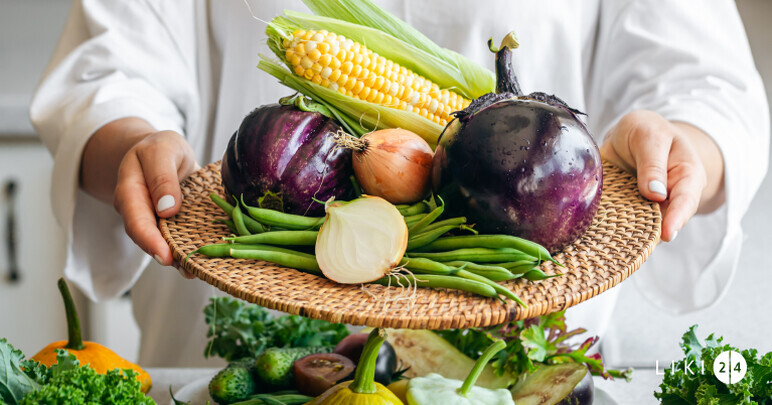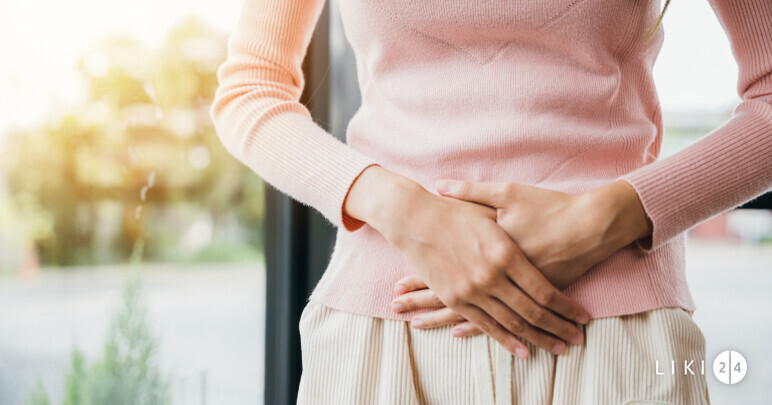Symptômes de la cystite:
- Douleur et sensation de brûlure en urinant;
- mouvements fréquents de la miction et de la miction en petites quantités;
- Sang dans l'urine (hématurie);
- urine moisie ou ayant une forte odeur;
- Gêne dans la région pelvienne;
- Sentiment de pression dans le bas-ventre;
- légère fièvre.
Consultez un médecin si vous ressentez des douleurs dorsales ou latérales, une forte fièvre et des frissons, des nausées et des vomissements, de fortes douleurs ou du sang dans les urines. Consultez également votre médecin si les symptômes de la cystite réapparaissent après la fin du traitement antibiotique. Il se peut que vous deviez essayer un autre type de médicament.
Types de cystite
Il existe différents types de cystites, en fonction de leur cause :
- Cystite bactérienne - survient lorsque des bactéries pénètrent dans la vessie par l'urètre et irritent les parois de la vessie;
- Cystite médicamenteuse- certains médicaments peuvent irriter la vessie lorsqu'ils sont retirés du corps;
- Cystite à corps étranger- peut survenir après l'utilisation d'un cathéter, d'un stent ou d'un autre instrument endoscopique - un tel dispositif peut provoquer une inflammation;
- Inflammation de la vessie - Inflammation de la vessie provoquée par certains traitements comme les médicaments, mais aussi les savons, détergents, gels, spermicides, etc;
- Cystite induite par la radiothérapie - la radiothérapie peut faire rétrécir les tumeurs et détruire les cellules cancéreuses, mais elle peut aussi endommager les cellules saines, et une cystite induite par la radiothérapie survient généralement après une radiothérapie pelvienne.
Une personne peut également développer une bactériurie asymptomatique. Dans ce cas, des bactéries sont présentes dans l'urine, mais sans aucun symptôme.
La cystite peut aussi être aiguë ou chronique. Dans le cas d'une cystite aiguë, les symptômes apparaissent soudainement et ne durent généralement pas très longtemps. On parle de cystite aiguë avec hématurie lorsque du sang est visible dans l'urine. La cystite hémorragique est causée par une lésion des vaisseaux sanguins de la muqueuse de la vessie. Cette forme de cystite peut prendre différentes formes en fonction de sa gravité.
Les causes de la cystite
La plupart des cas d'inflammation de la vessie se produisent lorsque des bactéries pénètrent dans la vessie par l'urètre - cystite bactérienne. La plupart des cas de cystite sont causés par une infection àEscherichia coli, mais d'autres types de bactéries peuvent aussi provoquer une infection.
Il existe aussi la cystite infectieuse, qui peut être causée par :
- Administration de médicaments qui provoquent une cystite lors de l'élimination de substances de l'organisme;
- Utilisation à long terme d'un cathéter;
- Utilisation de certains produits agressifs, comme les bains moussants, les sprays intimes, les spermicides, etc. qui peuvent provoquer une réaction ou une inflammation ;
- Thérapie par rayons dans la région du bassin.
Les femmes sont plus sujettes aux cystites et autres infections urinaires que les hommes. D'autres facteurs de risque sont :
- L'activité sexuelle - les bactéries peuvent être poussées dans l'urètre lors des rapports sexuels;
- Cystite pendant la grossesse - les changements hormonaux pendant la grossesse peuvent augmenter le risque de cystite;
- Ménopause - les changements hormonaux qui surviennent après la ménopause peuvent souvent provoquer des infections urinaires;
- Maladies telles que les calculs vésicaux ou une hypertrophie de la prostate.
Traitement de la cystite
Une cystite est généralement traitée avec des antibiotiques. Selon le type de bactéries trouvées lors de l'analyse d'urine, votre médecin vous prescrira un antibiotique contre la cystite, par exemple l'amoxicilline contre la cystite, la fosfomycine-trométanol - cystite monoradiculaire ou un autre antibiotique. Pour traiter l'infection de manière appropriée, il est important que vous preniez les antibiotiques dans leur intégralité, comme vous l'a prescrit votre médecin.
Les analgésiques doux et les médicaments anti-inflammatoires peuvent également être recommandés pour soulager la douleur - traitement de la cystite à domicile. Votre médecin peut également vous recommander certains traitements et médicaments contre la cystite, en complément d'un traitement spécifique ou de soutien. Ceux-ci sont généralement à base d'extraits de plantes ou d'huiles et soulagent les symptômes légers causés par l'inflammation des voies urinaires en augmentant le débit urinaire, comme Biomicin Urinary de Fares et Canephron Forte.
Merisor pour la cystite
Merisine contiennent des substances actives qui contribuent à empêcher les bactéries de se fixer sur la paroi de la vessie. Les myrtilles sont connues pour leur capacité à prévenir les maladies urinaires et à préserver la santé de la vessie. Elles contiennent des nutriments importants, comme l'acide citrique, qui protègent et empêchent la formation de calculs rénaux. Ils contiennent également des bioflavonoïdes, des composés phénoliques et d'autres nutriments protecteurs.
Disponibles sous forme de cerise noire confite, de jus de cerise noire, de poudre de cerise noire, d'infusion de cerise noire en cas d'inflammation de la vessie, mais aussi sous forme de gélules et d'autres types de préparations à base de cerise noire - extrait de cerise noire et comprimés de cerise noire en tant que tels ou associés à d'autres ingrédients, comme la vitamine C, d'autres extraits de plantes, etc. Ils soutiennent la santé des voies urinaires, améliorent la fonction d'élimination, aident les voies urinaires à fonctionner correctement, réduisent le risque d'infections urinaires telles que la cystite, l'urétrite, etc. et diminuent la capacité des agents pathogènes à se fixer sur les parois des voies urinaires. Il soulage également les symptômes tels que la sécheresse, la douleur, l'inconfort et les démangeaisons.
Par exemple, Urinal cystite contient deux types de concentrés secs de jus de cerise noire et de cerise noire, ainsi que de l'extrait de rate et de la vitamine D. Il ne doit pas être utilisé comme substitut au traitement antibiotique prescrit par le médecin, mais est utilisé en parallèle sur les conseils du médecin. Un autre exemple est Bio Urinary Comfort, qui contient, outre de l'extrait de cerise noire et des extraits de cannelle, des bourgeons de cassis, de l'hibiscus, de l'ortie et de l'herbe noire, qui ont un effet positif sur la protection du système urinaire. Il soulage les troubles urinaires, réduit le risque d'infections bactériennes récurrentes, favorise l'élimination des toxines et a un effet anti-inflammatoire.
Prévention des infections urinaires
Vous pouvez réduire votre risque de cystite en adoptant un mode de vie sain. Ces pratiques comprennent:
- Pratiquez de bonnes habitudes d'hygiène quotidienne, y compris après être allé aux toilettes et une bonne hygiène menstruelle.
- Portez des sous-vêtements en coton et évitez les tissus synthétiques.
- Buvez suffisamment de liquide pour évacuer les bactéries de votre vessie.
- Évitez d'utiliser des produits de nettoyage et de lavage agressifs dans la zone intime, comme la mousse de bain, les sprays et gels intimes parfumés, etc.
- Ne retardez pas votre passage aux toilettes et videz toujours complètement votre vessie.


 Bien-être
Bien-être  Fitness
Fitness  Nutrition
Nutrition  Beauté
Beauté  Bien-être
Bien-être  456 vues
456 vues 




 Article précédent
Article précédent 







